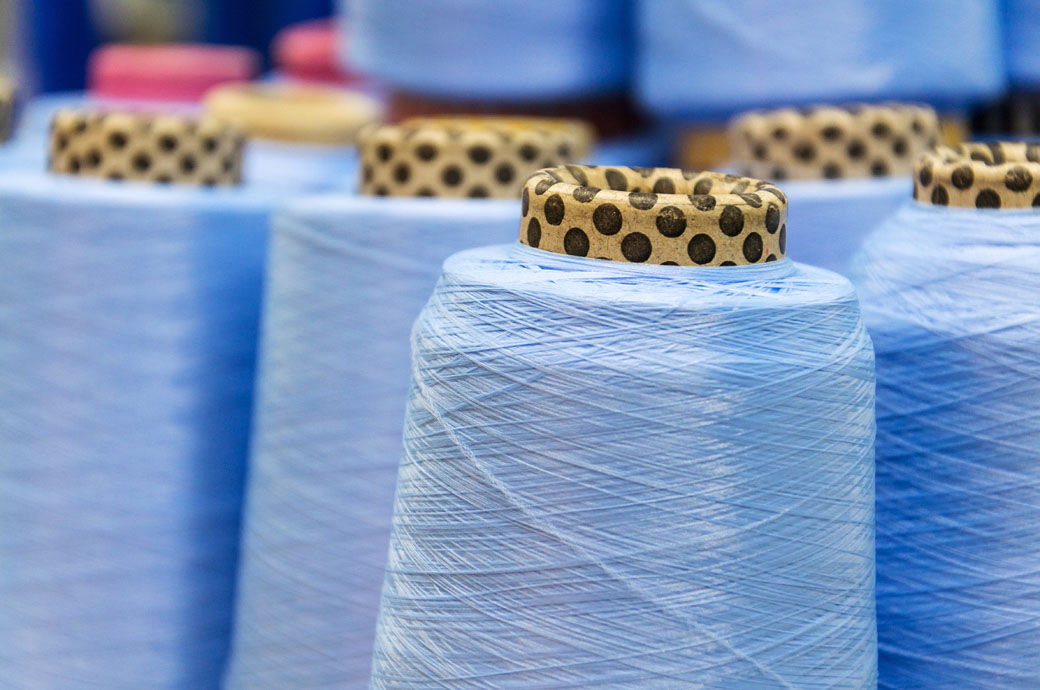
The company, operating in Kafr El-Dawar in Beheira governorate, has a daily production capacity of 90 tonnes.
Madbouly met Shimi to discuss ongoing industrial projects in the textile, aluminium and automotive sectors.
The project for textile and readymade garment factories includes an investment of approximately €1.1 billion ($1.19 billion), covering machinery, equipment, construction and infrastructure upgrades.
Madbouly emphasised the importance of focusing on polyester production and expressed readiness to support any expansions or new projects in partnership with the private sector.
Shimi briefed the prime minister on the modernisation of 25 ginning factories under MISR Cotton Trading and Ginning Company, strategies to raise local sales and exports and the projects under the Holding Company for Spinning, Weaving, and Readymade Garments, which has consolidated its subsidiaries from 31 to nine and established a specialised sales and marketing subsidiary.
This reorganisation aims at enhancing the efficiency of the spinning and weaving industry, he was cited as saying by domestic media reports. The development includes short-staple cotton cultivation trials, which are intended to reduce foreign currency demand, improve cotton fibre quality and raise yield per feddan.
The government has set guaranteed prices for Egyptian cotton at EGP 10,000 per quintal in the upper part of the country and EGP 12,000 per quintal in the lower part, he said. The cultivated area has increased to 311,000 feddans this year, up from 250,000 feddans last year, with an expected harvest of about 1.9 million quintals of cotton.
The plan to expand short-staple cotton cultivation involves increasing the cultivated area to 2,250 feddans this season, up from 250 feddans in the 2020-21 season, with a target to reach 150,000 feddans over three years.
The development of long-staple cotton seeds in coordination with the ministry of agriculture is also under way, he added.
Fibre2Fashion News Desk (DS)